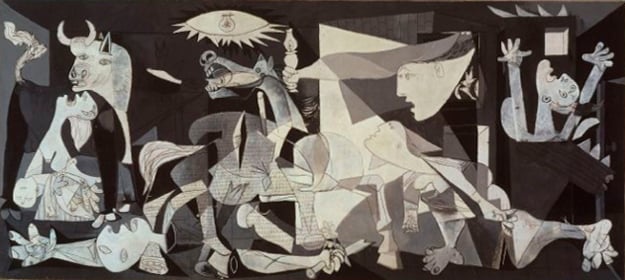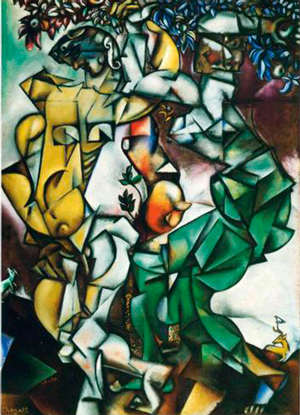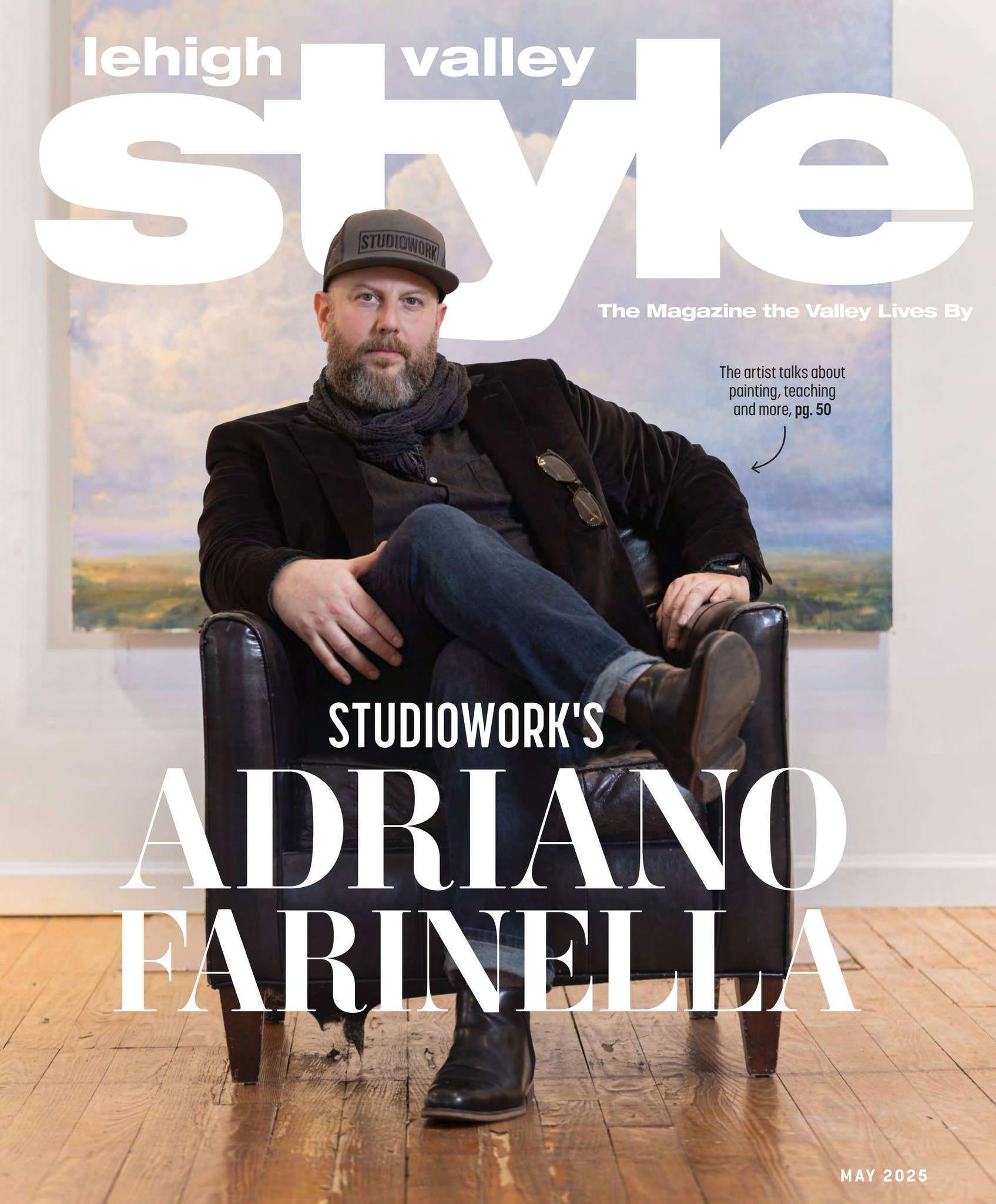
I am often curious as to how we explain what causes a happening in our life. Sometimes, from the outsider's vantage point, I think that it is so clear why Jack was fired from his job, or why Jill entered into another bad relationship. We all become experts in the events of others. But when it comes to our own lives, our own decisions, and our own circumstances, how do we come to find a reason for some thing that happens?
The Austrian Gestalt psychologist Fritz Heider offered a very compelling account of how we come to attribute the cause of a situation. Heider observed that when something bad happens to someone else, we tend to attribute the cause to some personal disposition of that person; something internal to them (such as genetic predispositions or lack of self-discipline). When we experience that same setback, we tend to attribute the cause to something outside of us, some external, controlling force (such as a biased political or economic system).
As a college professor, I see Heider's attribution theory play-out whenever exam grades are returned. When a student does poorly, the reason is usually something external. Victim of a poorly written textbook, an oppressive professor or an exceedingly arduous exam; the reason lies outside himself. Yet, we see our classmate with the same grade as not having studied enough or having chosen to party rather than to read. Heider claimed that this way of thinking serves to maintain our sense of self, to keep us feeling “okay” about ourselves. He called this self-preservation.
The opposite attribution has been observed in some Eastern cultures. In Japan, for instance, students who do well on an exam often thank the teacher for their excellent guidance. A classmate who doesn't do as well is sought-out by other classmates who offer to help her. The social science is clear on this. In collectivist cultures (societies that put the well-being of the group before the individual) the tendency is to attribute failure to oneself and success to our cohorts. In individualist societies, the opposite is observed.
A related observation of Western culture is our tendency toward absolute cause and effect thinking. We often believe that we can identify a singular reason for some outcome. Sigmund Freud pointed out that most phenomena that we encounter are overdetermined, meaning that there are multiple causes to the singular effect. This way of thinking has been a hallmark of psychodynamic theory.
I've noticed a trend in our thinking about causes. In psychology, we often teach students about the dichotomy of nature and nurture, an argument that many social scientists have dismissed as the wrong question. I agree. In the past we could identify the nature scholars (for them everything had a biological or genetic cause), and the nurture pundits (concerned with things like parenting styles, political and economic systems). Today most social scientists understand nature and nurture as a continuum, rather than a clear-cut dichotomy.

If we pay attention, we will find many of the opinion generators (in the media and amongst our friends) maintain a nature or nurture worldview. Whether it is understanding mental illness, criminal activity, poverty or our national low scoring academic performance, some people attribute the cause to the individual nature (laziness or low incentive) or to the nurture (education system, teacher performance, political or economic system). It seems to me that one's basic worldview determines one's political and economic attitude, as well.
What concerns me is the “either-or” quality of this kind of thinking. Regardless of one's position, both nature and nurture have some quality that is essentially identical, namely that they are both deterministic. To the nature folks, our genes or our brain chemicals determine our thoughts and behaviors. For the nurture people, we are victims of our social situations. This dichotomy allows no room for something that we in existential psychology call free will.
Erich Fromm, the German-American intellectual in exile, addressed the issue of free will and determinism in his book The Heart of Man: Its Genius for Good and Evil. Fromm, viewed human nature to be one of limited choice. His view can be understood this way: the deeper into a situation we get, the less freedom will we have. Fromm offers an anecdote that illustrates how free will becomes constricted by the choices we make.
“Assume he is aware of all motivations and of all consequences; assume he has “decided” not to go to bed with this woman. He then takes her out to a show and before taking her home he suggests, “Let's have a drink together.” On the face of it this sounds harmless enough. There seems to be nothing wrong in having a drink together… If at that moment he could be aware of what “having a drink together” will lead to, he might not ask her. He would see that the atmosphere will be romantic, that the drink will weaken his willpower, that he will not be able to resist the next step of dropping into her apartment for another quick drink, and that almost certainly he will find himself making love to her. With full awareness he would be able to foresee the sequence as being almost unavoidable, and if he could foresee it, he could refrain from “having a drink together.” But since his desire makes him blind to seeing the necessary sequence, he does not make the right choice when he still would have the possibility of doing so. In other words, the real choice here is made when he invites her to have a drink (or perhaps when he invites her to the show) and not when he starts making love to her. At the last point of the chain of decisions he is far less free than at an earlier point.”
Here Fromm described the choice to have the affair with the acceptance of the innocent drink after work, not at the moment of passion in the bedroom. Free will, for Fromm, is something that becomes determinism through a series of decisions.
I have a sense that I am not rare in this thinking about how we come to understand why things happen. It's reflected in what we watch, from a television series like Breaking Bad, to the film noir tradition, we seek out the narratives that explore the circumstances of our decisions and how those choices shape our lives. In our own way we test our decisions and our attributions against the experiences of the fictional other.















